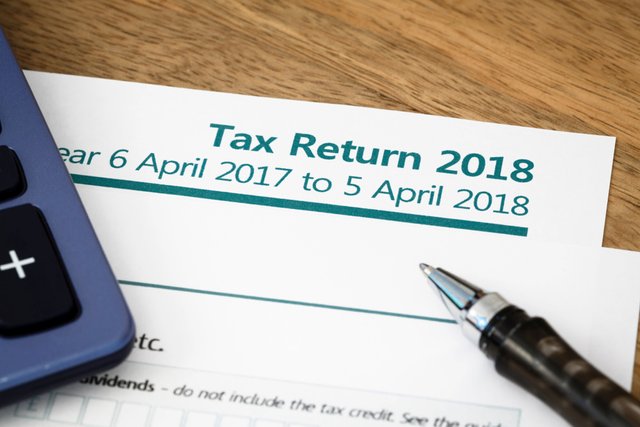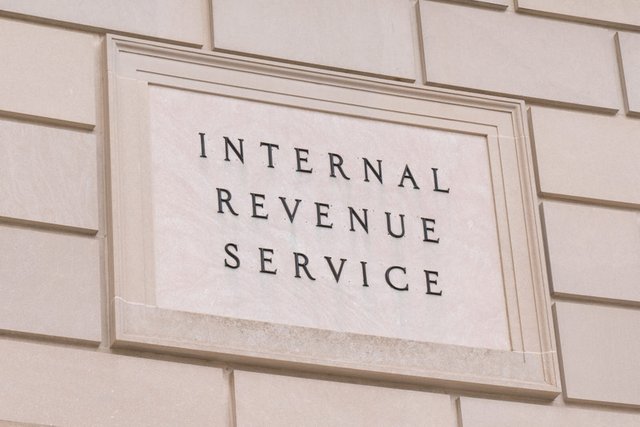How are cryptocurrency investments and profits taxed?
There are many misconceptions surrounding the use of cryptocurrency and one of the biggest is that any gains in trading can be viewed as gambling and therefore beyond the reach of the tax man.

Confusion is rife on how to correctly track and pay tax on cryptocurrencies
In fact, the only certainty in a volatile market with no current regulation is that if you made money from activities involving decentralised digital currencies it will count as income in most countries and you will owe tax on your investments.
Both the UK HM Revenue and Customs (HMRC) and the US Internal Revenue Service (IRS) have made it clear that taxpayers who do not properly report the income tax consequences of virtual currency transactions “can be audited for those transactions and, when appropriate, can be liable for penalties and interest.”
Yet confusion is rife on how to correctly track and pay tax on cryptocurrencies especially as recent price fluctuations have meant that some investors will have tax bills higher than the current value of their coins.
Staying on top of tax
In February, digital currency exchange Coinbase formally notified its customers that it would be complying with a court order and handing over the user data for about 13,000 of its customers to the IRS.
The HMRC also recently said that it would not hesitate to use the powers Parliament has made available to them to identify those who are intent on evading crypto tax.
In most jurisdictions, tax payment is reliant on self-reporting. This has to include dates of earning, buying or exchanging coins, market value at that date to calculate cost basis and the date and sales proceeds when a coin is sold, exchanged or spent.
For cryptocurrency users who have made large gains, tax will only kick in when coins are converted into another currency whether that is sterling or dollars or even another digital currency.
There are some services available that can help to keep on top of tax including bitcoin.tax and cointracking.info.
Paying tax in the UK
Given the evolutionary nature of cryptocurrencies and the legal and regulatory environments in which they currently operate, the HMRC published a policy paper in 2014 outlining HMRC’s position pending further developments.
The paper said that cryptocurrencies have a unique identity and cannot therefore be directly compared to any other form of investment activity or payment mechanism. It specifically reviewed value added tax (VAT), corporation tax, income tax and capital gains tax.

The HRMC paper said that cryptocurrencies have a unique identity
It said that for VAT purposes income received from bitcoin mining activities will generally be outside the scope of VAT as will income received by miners for other activities, such as for the provision of services in connection with the verification of specific transactions for which specific charges are made.
Currency exchange
When bitcoin is exchanged for sterling or for foreign currencies, such as euros or dollars, no VAT will be due on the value of the bitcoins themselves. Charges (in whatever form) made over and above the value of the bitcoin for arranging or carrying out any transactions in bitcoin will also be exempt from VAT.
However, in all instances, VAT will be due in the normal way from suppliers of any goods or services sold in exchange for bitcoin or other cryptocurrency. The value of the supply of goods or services on which VAT is due will be the sterling value of the cryptocurrency at the point the transaction takes place.
For businesses that accept payment for goods or services in bitcoin there is no change to when revenue is recognised or how taxable profits are calculated. For income tax, the profits and losses of a non-incorporated business on cryptocurrency transactions must be reflected in accounts and will be taxable on normal income tax rules.
Gains and losses incurred on bitcoin or other cryptocurrencies are chargeable or allowable for capital gains tax if they accrue to an individual or, for corporation tax on chargeable gains if they accrue to a company.

In the UK, gambling wins are generally not considered investment returns and thus are tax-free.
Gambling on a loophole
As the official guidance from HMRC is four years old and was written when bitcoin was worth less than £500, there has been speculation that a transaction might be “so highly speculative” it could be classed as gambling.
In the UK, gambling wins are generally not considered investment returns and thus are tax-free. Yet experts say that investors relying on this argument would probably face resistance from HMRC.
An HMRC spokesman told the Telegraph: “We don’t normally tax betting and gambling because it is usually not classed as trading income. But there may be circumstances where factors such as the degree of skill and organisation would make the activity more likely to be taxable as trading income. Each case will depend on its own facts.”
Etienne Wong, a barrister specialising in tax, said it was unclear which investors could legitimately be classified as “gamblers”, but that earlier investors who did not have large portfolios of similar investments in the technology world were more likely to be able to successfully claim this.
Paying tax in the US
In the US, the IRS classifies all cryptocurrencies as property meaning that the selling, spending and even exchanging crypto for other tokens would have likely capital gain implications.

The IRS classifies all cryptocurrencies as property
Sarah-Jane Morin, an attorney in the tax practice group at Morgan Lewis, said: “Some people with bitcoin may think of it as dollars or cash. But for IRS purposes it should be treated as a house, stocks, or bonds. You have to look at the general tax principles that apply to property and how it impacts your gains or losses.”
The common tax terms relevant for buying and selling cryptocurrency in the US are:
- Basis: the amount paid for the coin
- Realized capital gain or loss: the profit or loss made when a currency is sold. The IRS caps capital loss deductions at $3,000 annually. Anything above that will roll over each year until the remainder is depleted.
- Unrealized gain or loss: the profit or loss on paper is an unrealized gains and tax is not paid on this until it is sold. It then becomes a realized gain or loss.
- Short-term capital gains: coins purchased within the past year can be reported as short-term capital gains on a tax return and ordinary income tax rates have to be paid.
- Long-term capital gains: if crypto has been held at least a year, then long-term capital gains may only need to be reported and these are taxed at a lower rate.
No uniform approach
Just as there is no uniform approach with the UK and US towards cryptocurrencies, the rest of the world is no exception when it comes to taxation and there are wide variations in law.
There is little doubt that cryptocurrencies present unique challenges for tax authorities and the best advice for traders is to keep on top of their accounting as the market continues to mature.
Post written by Alison Bloomer
Alison Bloomer has written on finance, insurance and pensions for various trade publications and was former Managing Editor of Insurance Times.
Follow OpenLedger!
That's an interesting and informative article. Thanks for putting it all together.
What if there is a software that could automatically select your fiscal year and provide tax documents with calculations in your native currency? BearTax is one such software helping users in Australia, Canada, US and Japan. Signup and give it a try